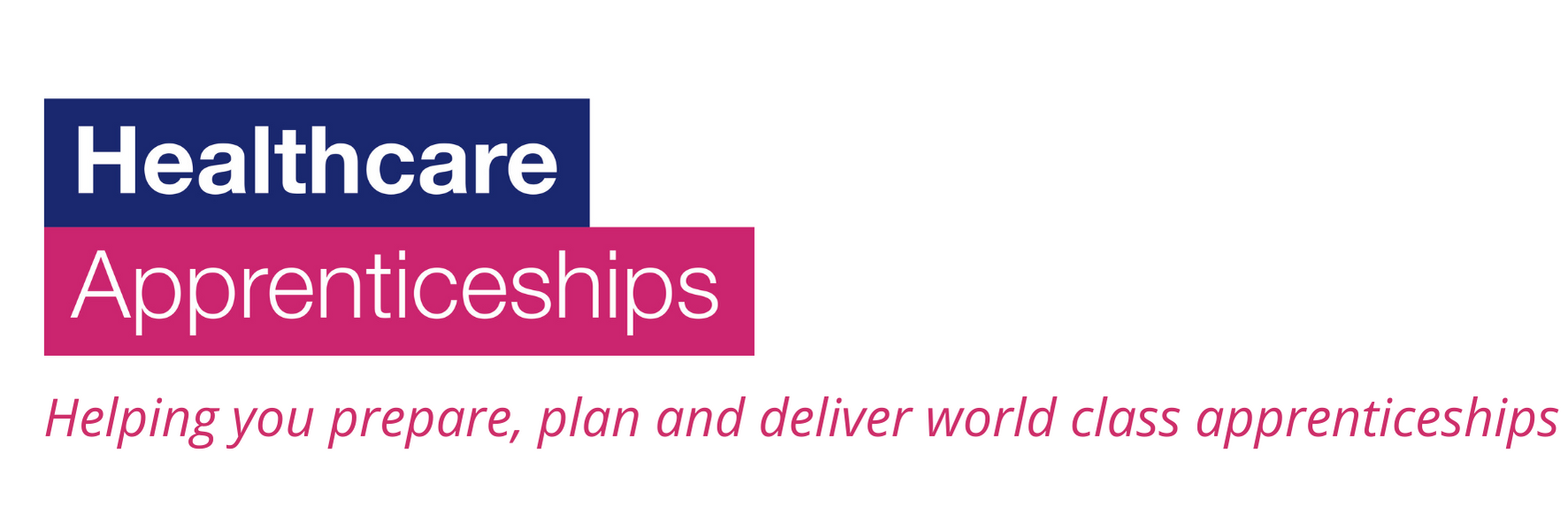What’ s happening to Apprenticeships in England?
s happening to Apprenticeships in England?
Apprenticeships have been and will remain and flagship policy for the Government. The Prime Minister’s pledge of 3 million Apprenticeships by 2020 is a tough target and the NHS is already stepping up and contributing through its commitment to doubling of Apprenticeship numbers by 2016. At the same time as setting tough targets to increase the number of Apprenticeship places the Government has commenced major reform to the way Apprenticeships are defined and funded. The Apprenticeship system that employers know and understand will be changing for all sectors and all industries in England.
Three years ago Doug Richard was asked to undertake an independent review of Apprenticeships with a view to ensuring that we have a world class Apprenticeship system, offering young people a real alternative to University and employers a ‘job ready’ pipeline of workers. Richard reported back to Government with recommendations set to make Apprenticeships more rigorous and more responsive and, notably, focussing on putting employers in control of the system.
The Future of Apprenticeships in England: Implementation Plan (BIS 2013) is the Government’s response to the recommendations made by Richard. In short the plan announced:
- New short ‘Apprenticeship Standard’ documents designed by employers
- Independent end point assessment
- Grading of the Apprenticeship
- Channelling of Apprenticeship funding through employers
You can view the full plan here.
What are Trailblazers?
Central to the implementation plan for Apprenticeship reform is the principle that it will be led by employers. Trailblazers are the groups of employers who have come together and been approved by the Department for Business, Innovation and Skills to develop a new Apprenticeship Standard for a particular occupation. Trailblazers have been announced in phases stretching over an 18 month period to date. The Trailblazer is always Chaired by an employer; in addition to employers the group may also include other stakeholders like professional bodies, trades unions, Sector Skills Councils and training providers. The Trailblazer group is responsible for defining the Apprenticeship Standard, the assessment plan, delivery costings and for defining the on-going quality assurance and governance arrangements. The original plan was very ambitious and aims for new Apprenticeship Standards to have replaced the existing Apprenticeship Frameworks by September 2017.
What’s been happening in health?
Employers in the health sector have been busy engaging in Trailblazers right from the start. Standards for the healthcare sciences and optical manufacturing were included in the first round of Trailblazers, with several dental occupations following in rounds 2 and 3. The Minister led the formation of a Nursing Trailblazer in round 2. Trailblazer groups for emergency care, pharmacy assistants, healthcare support workers and assistant practitioners all followed in round 3. Finally ophthalmic technicians started in round 4. In addition to health occupations we know that health employers have been part of Trailblazers developing Standards for financial and facilities occupations too.
Not all Trailblazers have been progressing at the same rate. For healthcare occupations, only some of the dental occupations are ready for delivery. If you have a particular interest in any of the Trailblazers you can find the relevant email address associated with the Trailblazer and employers that are involved at https://www.gov.uk/government/publications/apprenticeship-standards-in-development
What is Skills for Health’s role?
As the sector skills council for healthcare occupations, Skills for Health has enjoyed a long history of working with employers in the design, on-going management and certification of Apprenticeship frameworks. The reforms mean that employers must lead the development of the new Apprenticeship Standards and can choose who they work with to get the job done. Once completed, ownership of the Apprenticeship standard and the assessment plan is signed over to the Crown. This is a new world for everyone and not every detail is known or understood ahead of time. So, for example, it is not clear yet how Apprentices will be certificated in the future.
In the meantime Skills for Health continues to manage the existing healthcare Apprenticeship frameworks to ensure that there is no gap in provision for new starters and to certificate Apprentices who complete their programme. In particular, Skills for Health has been really pleased to be working with employers from the NHS, armed forces, hospices, trades unions, Health Education England and general practice to facilitate the development of standards for Healthcare Support Worker, Senior Healthcare Support Worker and Assistant Practitioner.
Funded by Health Education England Skills for Health is project managing the development of the standards, hosting consultation activities and providing expert advice and guidance when employers seek our views.
‘Skills for Health is delighted to be providing support to the development of new Apprenticeship Standards. We have always worked collaboratively with employers and other stakeholders and the introduction of the Standards is a continuation of this commitment’. John Rogers, CEO Skills for Health
Standards for Healthcare Support Workers and Assistant Practitioners
Work on three standards started in autumn 2014 following BIS approval of an Expression of Interest for Healthcare Support Worker, Senior Healthcare Support Worker and Assistant Practitioner. Employers were quick to define standards and many employers and other stakeholders contributed to a public online consultation at the back end of 2014. By February 2015 BIS had approved and published standards for Healthcare Support Worker (at level 2) and Assistant Practitioner (at level 5).
Employers decided to take more time over the standard for the Senior Healthcare Support Worker and want to be sure that it fully defines what is needed of the occupation at level 3. Aligning with initiatives like Shape of Caring is really important too. The Trailblazer group is continuing to work on the standard and is exploring the use of a core and pathway model which will better accommodate the broad range of support worker roles at level 3. As a priority, employers are drafting pathways for Nursing Support, Maternity Support and Theatres Support. Later this year there will be a further public consultation which will be hosted by Skills for Health.
Work on the standards for Healthcare Support Worker (level 2) and Assistant Practitioner (level 5) has moved to focus on the assessment plans. Consultation activity will take place in early autumn 2015 and if approved by BIS, the group will move onto costing and setting out the longer term governance and quality assurance arrangements.
Because of the complex nature of the new Standards and Assessment Plans it’s impossible to know exactly when any of the Healthcare Support Worker or Assistant Practitioner Standards will be ready for delivery. In the meantime employers and providers are strongly encouraged to use the existing Apprenticeship frameworks.
‘The Trailblazer process is enabling employers to shape apprenticeships for the staff that they want to employ in their organisations. It is truly employer-led and the consultations have provided great opportunities for employers outside of the immediate development group to influence this work.’ Kay Fawcett, OBE, Joint Chair of the Trailblazer Steering Group
Ideas for other Apprenticeship Standards
The standards in development have been designed to cover as wide a range of job roles/employment contexts as possible and, in the case of Healthcare Support Worker and Assistant Practitioner, the Trailblazer has drawn on experience and knowledge from a wide range of employers. The development of Standards must be strategic and look at priority occupations where there is demand and the infrastructure to support the development and implementation. Standards must be transferable between employers and provide employment opportunities for the Apprentices. BIS are also clear that they will not approve standards where there is significant overlap with the content of another Standard. However, this is a good opportunity for employers to come forward with their thoughts about Apprenticeships for the future and better that these ideas are shared, collated, appraised and prioritised within the sector before presenting them to BIS. That way we have a stronger case meaning that employers are more likely to be successful in participating in the reform programme.
Skills for Health is pleased to be working in partnership with the Talent for Care team in supporting a planned approach to standards development. Suggestions should be sent to Healthcare.Trailblazer@skillsforhealth.org.uk


